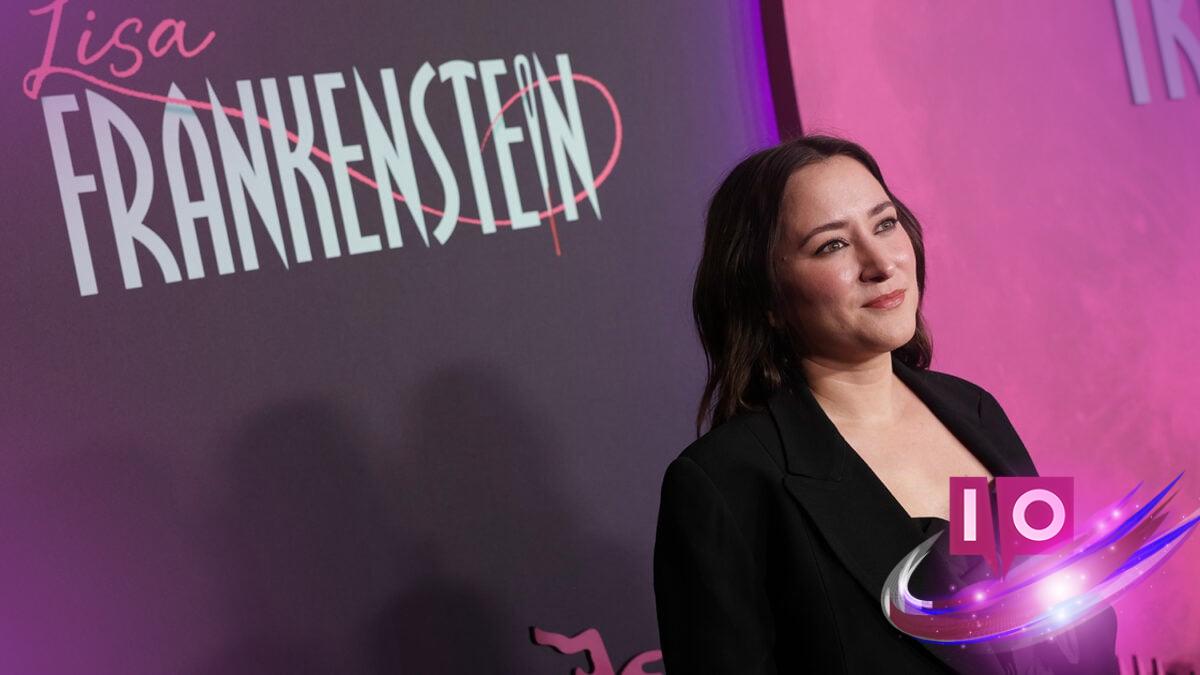Grief is a deeply personal experience, and how we cope with loss can vary greatly among individuals. In today’s digital age, the use of artificial intelligence to create likenesses of loved ones has stirred quite the debate. Zelda Williams, the daughter of the beloved late actor Robin Williams, recently took a stand against the trend of receiving AI-generated videos of her father, pleading with fans to cease sending them. This raises an essential question: how do we honor the memories of those we’ve lost in a respectful way?
As a keen observer of this issue, I believe it’s crucial to navigate the complex emotions surrounding grief and technology with sensitivity. No one understands how to respect a loved one’s memory better than their family. In this blog post, we will explore the ramifications of using AI to replicate memories, Zelda’s perspective on the matter, and offer insights for those grieving.
1. The Emotional Impact of AI Replications
When dealing with grief, the last thing many people want is a digital version of their loved one that speaks and acts in ways they never did. Zelda Williams articulated this sentiment clearly: “Please, just stop sending me AI videos of Dad.” This outright rejection emphasizes that grief is not about creating new memories, but cherishing the existing ones. AI-generated content does not capture the essence of the person but reduces their legacy to mere pixels and soundbites.
2. The Distortion of Legacy
Creating AI versions of real people can dilute their life’s work, reducing complex individuals to “this vaguely looks and sounds like them.” As Zelda put it, “It’s a waste of time and energy, and believe me, it’s NOT what he’d want.” This underscores the importance of honoring the true legacy of those we’ve lost, instead of distorting it for entertainment or social media engagement.
3. Seeking Comfort in AI: Is it Healthy?
Some individuals feel comfort in creating AI-generated versions of lost loved ones, believing that it allows for continued communication. While this coping mechanism might provide temporary solace, it’s essential to remember that these AI portrayals do not accurately represent the individual. They are simulations that lack the emotional depth and nuance of real relationships.
4. Why Consent Matters
The conversation around recreating someone’s likeness using AI raises critical ethical questions. Earlier this year, actor Matthew Lawrence expressed a desire to use AI to recreate Robin Williams’ voice for a project, emphasizing the importance of receiving permission from Robin’s family. This highlights the need for sensitivity and consent when using someone’s image and voice in any form, particularly posthumously.
5. How Can We Honor Our Loved Ones Better?
Instead of resorting to digital recreations, consider other ways to honor those we have lost:
- Create a scrapbook of cherished memories.
- Participate in events that celebrated their life.
- Share stories and anecdotes that keep their spirit alive.
These actions can bring comfort and connection without diluting the essence of who they were.
Is it disrespectful to create AI-generated memories of deceased loved ones? It can feel that way to many, especially to family members. The creation of these digital personas often bypasses the nuanced emotions that accompany death and can unintentionally hurt those left behind.
What are the ethical implications of using AI in this context? The ethical dilemmas are significant; using AI without consent can feel invasive and exploitative. It’s essential to tread carefully in areas where emotions run deep.
Can AI provide closure in the grieving process? While some believe AI can help in navigating grief, it’s crucial to recognize that true closure often comes from the emotional connections we hold, not from an artificial simulation.
As we navigate this complex landscape, let us remember Zelda’s words and respect the boundaries set by those grieving. There’s immense value in real memories and honest reflection. If you’re interested in exploring more about grief, AI, or memory, check out more content on Moyens I/O.
